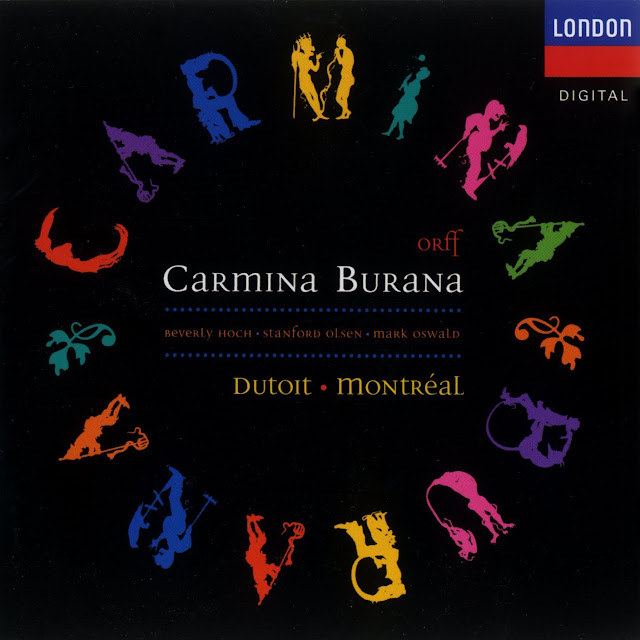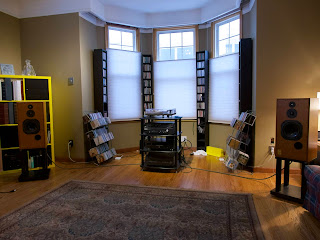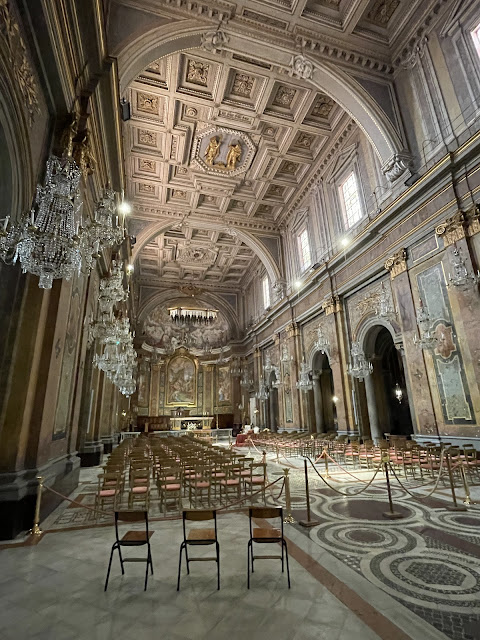Carmina Burana - TSO - June 2017
 It has been a good summer with some time to visit family and friends. But just before summer arrived I was down at Roy Thomson Hall for a performance of Carl Orff's, Carmina Burana. This huge forward-thrusting choral piece uses medieval texts. I can't see inside the mind of the composer, but the psychology of the piece is rather contemporary. It reveals the struggles, joys, sorrows and existential focus of people's lives in the face of the big questions of life.
It has been a good summer with some time to visit family and friends. But just before summer arrived I was down at Roy Thomson Hall for a performance of Carl Orff's, Carmina Burana. This huge forward-thrusting choral piece uses medieval texts. I can't see inside the mind of the composer, but the psychology of the piece is rather contemporary. It reveals the struggles, joys, sorrows and existential focus of people's lives in the face of the big questions of life. This piece was conceived in 1934 and performed for the first time in 1937 in Frankfurt. After the Great War, as we can appreciate all too well now, there was also a great disruption in German society. Then, as now, I imagine many people were looking for certainty. In so many ways in life, the difference between promise and performance can be great and sometimes at the cost of integrity.
The piece begins and ends with a circular dirge declaring the inevitable churning of Fortune. Far from a personal God, a God who knows me, Fortune steamrolls over us.
Even if our challenges have been very localized, even inside of us, we can have this feeling sometimes. The Psalms of the Jewish Scriptures show us in an amazing way that even in the face of our emotional grinding to a halt, there is yet a word of hope from the Lord. If I climb the mountains You are there; if I am in the depths of Sheol, You are there too. You have been our hope, O Lord, from one generation to the next. We do not hope in vain.
When we reflect on the sufferings of so many in our wold for whom the ways of the world do grind impersonally, how can we not be motivated to do our small part?
The Carmina Burana reports how easily we are taken away and caught up seeking a brief moment of beauty, of love, of bodily fulfillment or numbing. Even the abbot is not immune. The response needs to be an interior one.
"The dawn from on high shall break upon us." Indeed it is a gift from God usually given to us in quiet.

